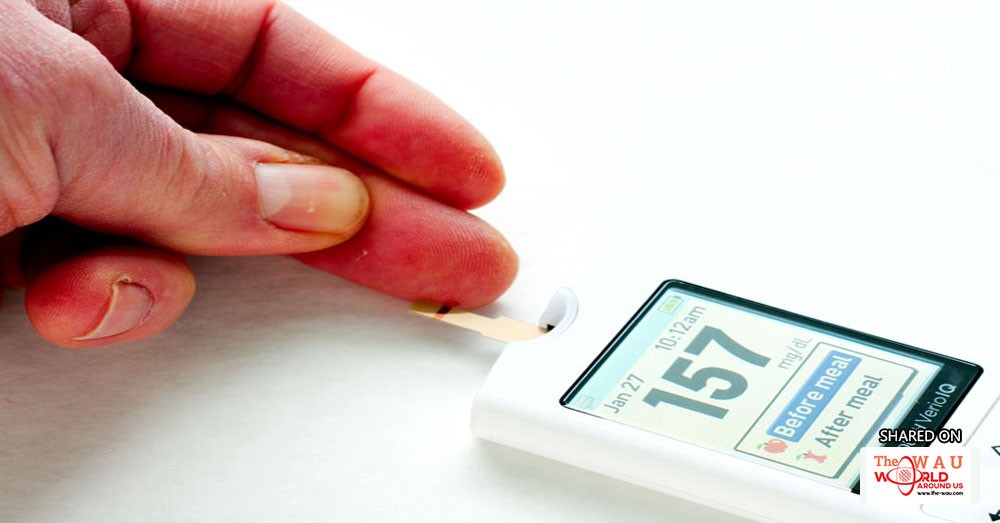Blood sugar spikes occur when your blood sugar rises and then falls sharply after you eat.
In the short term, they can cause lethargy and hunger. Over time, your body may not be able to lower blood sugar effectively, which can lead to type 2 diabetes.
Diabetes is a rising health problem. In fact, 29 million Americans have diabetes, and 25% of them don't even know they have it (1).
Blood sugar spikes can also cause your blood vessels to harden and narrow, which can lead to a heart attack or stroke.
This article looks at 10 simple things you can do to prevent blood sugar spikes.
1. Go Low-Carb
Carbohydrates (carbs) are what cause blood sugar to rise.
When you eat carbs, they are broken down into simple sugars. Those sugars then enter the bloodstream.
As your blood sugar levels rise, your pancreas releases a hormone called insulin, which prompts your cells to absorb sugar from the blood. This causes your blood sugar levels to drop.
Many studies have shown that consuming a low-carb diet can help prevent blood sugar spikes (2, 3, 4, 5).
Low-carb diets also have the added benefit of aiding weight loss, which can also reduce blood sugar spikes (6, 7, 8, 9).
There are lots of ways to reduce your carb intake, including counting carbs. Here's a guide on how to do it.
SUMMARY:
A low-carb diet can help prevent blood sugar spikes and aid weight loss. Counting carbs can also help.
2. Eat Fewer Refined Carbs
Refined carbs, otherwise known as processed carbs, are sugars or refined grains.
Some common sources of refined carbs are table sugar, white bread, white rice, soda, candy, breakfast cereals and desserts.
Refined carbs have been stripped of almost all nutrients, vitamins, minerals and fiber.
Refined carbs are said to have a high glycemic index because they are very easily and quickly digested by the body. This leads to blood sugar spikes.
A large observational study of more than 91,000 women found that a diet high in high-glycemic-index carbs was associated with an increase in type 2 diabetes (10).
The spike in blood sugar and subsequent drop you may experience after eating high-glycemic-index foods can also promote hunger and can lead to overeating and weight gain (11).
The glycemic index of carbs varies. It's affected by a number of things, including ripeness, what else you eat and how the carbs are cooked or prepared.
Generally, whole-grain foods have a lower glycemic index, as do most fruits, non-starchy vegetables and legumes.
SUMMARY:
Refined carbs have almost no nutritional value and increase the risk of type 2 diabetes and weight gain.
...[ Continue to next page ]
Share This Post















